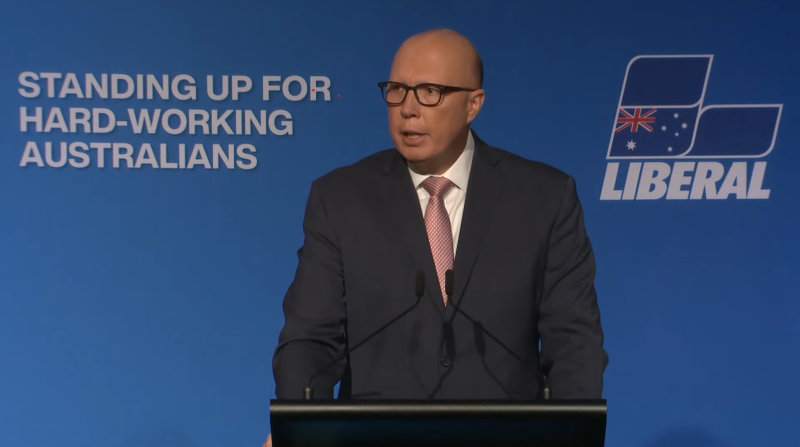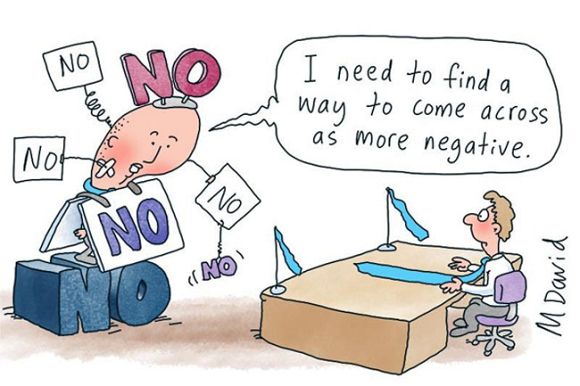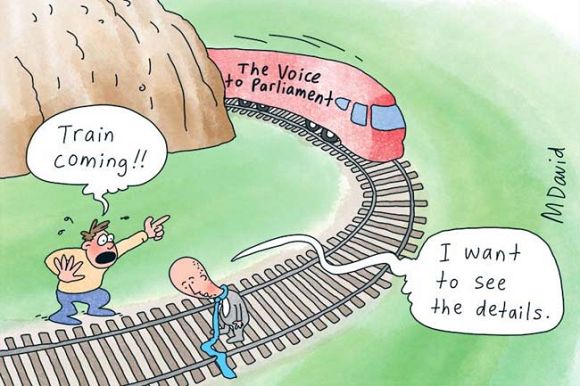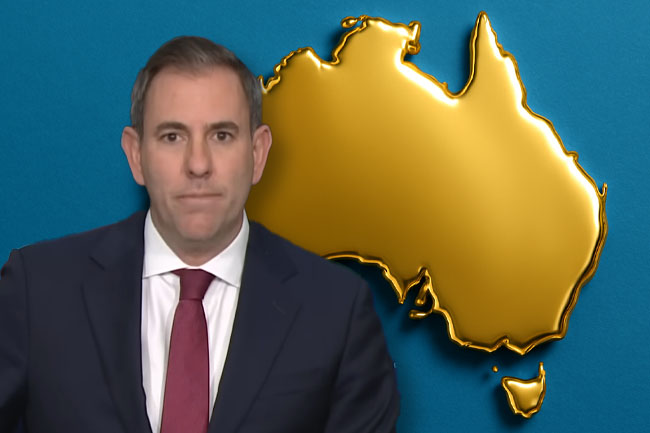Since Federation in 1901 there have been six major landmarks in Indigenous affairs. The Coalition has reversed or opposed them all, reports Alan Austin.
ONE SEARING NARRATIVE throughout Australia's parliamentary history is of reformists responding to calls for justice from First Australians, only to have conservatives block progress every time. This played out again last weekend. The first significant reform was changing Australia's Constitution to include Aboriginal people fully as Australian citizens.
Liberal Party Prime Minister Harold Holt called a referendum in 1967 with the support of the Country Party, the Labor Opposition and one Independent. Labor was led by a fresh-faced Gough Whitlam, who had been in the top job for just three months. With all sides of politics and all major community groups on board, the referendum was won with 90.8 per cent of the nationwide vote.
That shows what happens when sensible reforms to reverse past injustices enjoy the support of all political parties.
Land rights: at last!
The second major development was the 1976 Land Rights Act (NT) which gave Aborigines freehold title to their lands and power to veto mining and other intrusions.
The third was replaced in 1990 the Canberra-based Aboriginal Affairs Department with the Aboriginal and Torres Strait Islander Council (ATSIC). This was a decision-making body comprised of elected Indigenous men and women from across the nation.
The fourth advance was the 1992 Mabo case in which Australia’s High Court overturned the legal fiction that Captain Cook had “discovered” an empty, unoccupied land, what Cook and other whitefellas have falsely called a "terra nullius".
It was widely believed that the combination of those four paradigm shifts had established the framework for Indigenous leaders to learn the processes of administration and, in due course, implement solutions to their multiple challenges.
Relentless opposition through the Howard years
Gradually, however, the rights of Indigenous peoples were whittled away, first through the Fraser years and then more overtly during the Howard period, as mining companies, state departments and other interests sought to undermine Aboriginal self-determination.
The Native Title Act 1993, which gave effect to the Mabo ruling, was amended in 1998 to reverse the High Court’s intent. ATSIC was abolished in 2004.
The rights conferred by the 1967 referendum were virtually entirely removed by the Howard Government’s so-called intervention, which began in June 2007.
A task force led by a white magistrate was authorised to implement highly oppressive measures in the Northern Territory. These included taking control of Aboriginal communities, discriminatory changes to welfare, banning alcohol, increased whitefella policing, deploying the army for surveillance and appointing white managers to attend to government business.
Former Northern Territory MP Jack Ah Kit said at the time that this signalled, “the end of Aboriginal culture; it is in some ways genocide".
Prime Minister John Howard effectively acknowledged his Government was indeed pursuing the end of distinct Aboriginal identity when he said at Ntaria in August 2007 that:
“Their future can only be as part of the mainstream of the Australian community.”
Laws passed in late 2007 conflicted with the Racial Discrimination Act. This allowed Aboriginal people to be treated again in a pre-1967 discriminatory manner.
Just as potent as Howard’s legislated moves were the symbols: by their presence or absence. John Howard never affirmed the worth of Indigenous culture with anything like Bob Hawke’s Barunga meeting, or Paul Keating’s Redfern speech, or John Gorton’s 1968 beach walks in Gove, or Malcolm Fraser’s Lingiari lecture. He pointedly refused to say sorry for past offences.
In 1998 Howard added Reconciliation and Aboriginal Affairs to the ministerial responsibilities of Minister for Immigration Phillip Ruddock, infamous by then for brutally ejecting asylum seekers and refugees. The symbolism of giving the Indigenous affairs portfolio to the despised "Minister-for-People-We-Don’t-Want-Here" was pretty stark.
By the end of the 11 years and nine months of the Howard Government, all four historic achievements for Indigenous people had been practically reversed.
Apology to the stolen generations
The fifth major advance was the formal apology to the stolen generations delivered by incoming Prime Minister Kevin Rudd on the first business day of the new Parliament in 2008. This made jubilant headlines in France, Spain, China, Japan, Russia, Indonesia, Slovenia, Britain, the USA and most other nations.
That apology was celebrated worldwide, but not by all Coalition MPs. Some, including current leader Peter Dutton, displayed their contempt by conspicuously absenting themselves. Dutton, incidentally, had joined the Howard Government in late 2001 and supported all measures which destroyed Indigenous aspirations through its last six years.
Statement from the Heart
And now we have the appalling outcome of the decades-long campaign by countless Indigenous people which led to the 2017 Uluru Statement from the Heart.
This petition to the people of Australia by delegates to the First Nations National Constitutional Convention simply requested a constitutionally protected First Nations Voice and a Makarrata Commission to advance practical reconciliation.
Tragically, but not surprisingly, the Coalition government rejected this. Labor Leader Anthony Albanese welcomed the Uluru Statement, promising before the 2022 Election to implement it in full.
Last Saturday’s referendum which fulfilled that commitment was resoundingly defeated, as was, of course, inevitable once the craven Opposition decided for political advantage to oppose it.
The nation must now reflect on this and find some way to live with it for the foreseeable future.
The only positive seems at this stage – from the perspective of those who wish to see Indigenous Australians occupy an honoured place with a significant voice – is if this hastens the demise of the Liberal and National parties at future elections.
Alan Austin is an Independent Australia columnist and freelance journalist. He visited more than 80 remote Indigenous communities as a print and radio reporter between 1975 and 2004, many of them multiple times. You can follow him on Twitter @alanaustin001.
Related Articles
- Global wealth report confirms Coalition incompetence right to the end
- Calculating the final toll of preventable Coalition construction deaths
- New Parliament, new Coalition leaders, same old lies
- Calculating the cost of Coalition corruption
- Circus clowns continue covering up Coalition crimes
 This work is licensed under a Creative Commons Attribution-NonCommercial-NoDerivs 3.0 Australia License
This work is licensed under a Creative Commons Attribution-NonCommercial-NoDerivs 3.0 Australia License
Support independent journalism Subscribe to IA.



